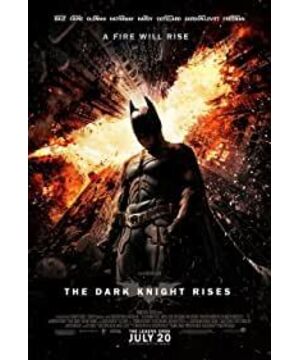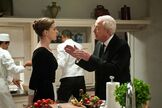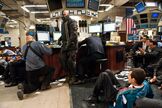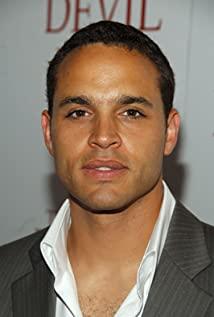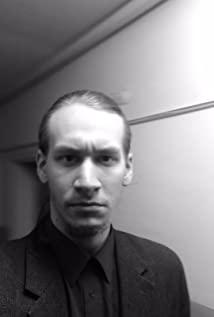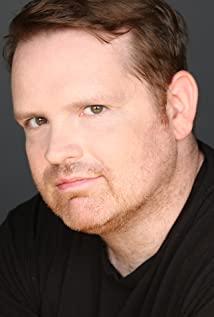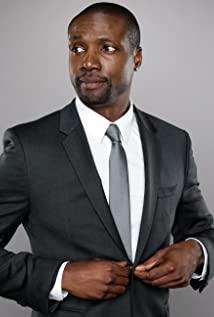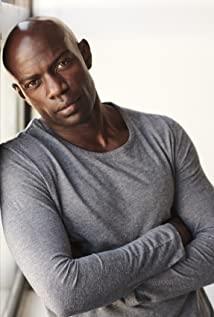In the opening scene, Bane hijacks the plane, continuing the pattern of "The Dark Knight", echoing the clown's robbery of a bank. (The CIA looked familiar at first glance, but later found out that it was Littlefinger in "Ice and Fire"; and the office man killed by the Joker in "The Dark Knight" is said to have run out of "Prison Break". This also formed a Interesting echo) However, The Dark Knight is significantly better by comparison. The clown is outsmarting, and it is a lot of money; Bane is a brutal fight, a bull's knife to kill a chicken. The former is better in terms of plot, lines, and performance. Of course, the latter is not bad. Fortunately, the scene is exciting enough, and with the rendering of music, it has quite an audio-visual impact. It's just after reading it and then thinking about it, it doesn't stand up to scrutiny, because there is no need to use such a difficult method to fake an accidental death, as if this action scene itself has become an end rather than a means.
The next half of the plot is quite attractive. Fu's monologue is very touching, and the clue of Catwoman is also mysterious. Batman's first attack formed a climax. And when Bane brought the nuke to the field and announced Gotham's liberation, the taut string snapped. He threatens to destroy the whole city (he has already done a lot of damage), and at the same time threatens to liberate the poor people, I can't accept the logic at all. Looking at the whole film, the seemingly grand themes of revolution and liberation just look grand, and Nolan did not perform in depth, nor did he clarify the logic. In fact, the second half of the film uses the simplest and crudest way to create drama, that is, the power of nuclear bombs.
There are also two strange settings about the nuclear bomb, "the detonator is in the hands of a citizen", such an announcement is incomprehensible (if it is to prevent the detonator from being robbed, he does not need to announce this information at all). And the setting of the timed bomb explosion seems superfluous, because the doomsday situation that the nuclear bomb will definitely explode completely eliminates the meaning of the political struggle. These doubts were not explained until the end. It turned out that the detonator was set to cooperate with the reversal of the villain, and the setting of the time bomb directly pointed to the ending. If Batman wants to end the curtain in that unique way, he must have a timing bomb! Further speculation, is the bat fighter that is separated from the original also born for the ending? There's a lot of design here. Although stories are designed, a good story should be designed naturally. And the nuclear bomb plan as the main plot is indeed an unsuccessful design.
This design makes the next trough period the most boring part of the whole film, and the special team sneaking into the investigation is a complete delay. And when Batman was brewing at the bottom of the well, the villain had nothing to do, just waiting for Batman to kill him and send him to the west.
I'm also not very satisfied with the ending battle at the end. There is no need to compare the two-ship game of "The Dark Knight" with it. "Mystery of the Shadow" is also superior. It has the repeated reproduction of the theme of "fear" and symbolic scenes such as Wayne Building and the light rail. , and this film is just an ordinary action scene, with the same style as "Reunion" and "Transformers". Nolan probably bet on explaining the mystery of Batman's life and death. His idea is not bad, but under the high standards, it still lacks a sense of heaviness, or the layout is too small. Only a carload of children watched the Bat-fighter go away, and only a few circles of spectators watched the unveiling of the statue, and then Ah Fu's tears, that's all. If everything is just for this ending, Nolan can lower his stance, give up the pursuit of the metaphors and speculations in "The Dark Knight", and tell the story roundly and create the atmosphere, and the effect will probably be much better.
After discussing so many plots, Catwoman and Blake are not mentioned at all, which actually shows one thing: these two people are not "important". They are more like characters that are stuffed in for the ending, and they don't find a place in the main story line at all, and there are still a lot of scenes. Blake seems to be involved in the plot from start to finish, and seems to be doing nothing, and his role in promoting the development of the plot is completely replaceable. Catwoman dominated a lot of the plot in the first half, with a lot of clever twists, but what did she do? Steal Bruce Wayne's fingerprints, branch of branch; purge program, and then nothing. None of this is as important as the symbols they play in the finale: Batman's girlfriend and successor.
Nolan seems to have put too much thought into connecting the first chapter and the happy ending, which has affected the conception and layout of the plot, and is bound by the so-called ending chapter.
Looking back at The Dark Knight at this time, you have to admire the rigor of its structure. Each character is an indispensable link in the story structure, and is tightly twisted around the main storyline. The progression of the plot follows the clown's line of action logically and clearly: developing forces - attacking the judicial system - controlling black money - ruling gangsters - disrupting Gotham City. At the same time, the theme is continuously expressed and deepened through the plot (unfortunately, the discussion of "extra-system justice" was written off by the shot of Blake throwing the police badge). There are countless wonderful bridges and details for us to ponder over and over again.
The Dark Knight Rises may still be a good movie. But as a Nolan movie, one of the Batman trilogy, it almost falls short. And the way the incomparable Dark Knight continues and ends in such a way is something I deeply regret.
View more about The Dark Knight Rises reviews


